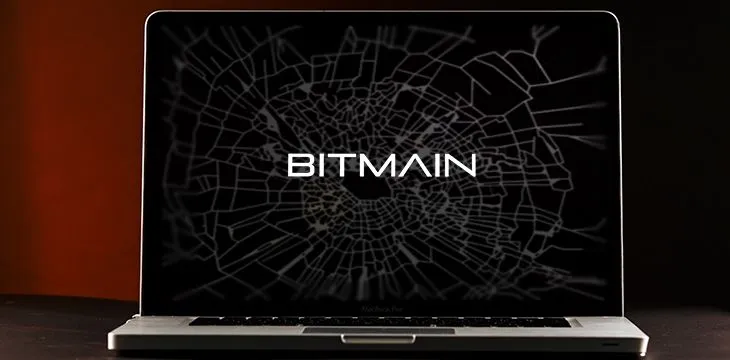|
Getting your Trinity Audio player ready...
|
Beijing-based Bitmain Technologies, a producer of cryptocurrency mining hardware, continues its run of bad luck as reports are circulating online that the company is having trouble maintaining their production capacities for two of their leading ASIC miners.
Blockstream’s Samson Mow posted a report on social media that Bitmain’s Director of Sales, Fan Xiao Jun, stated on a panel that T17 and S17 production capacities are presently producing at a “very limited capacity.” Fan acknowledged that the company would not have many units to sell after March 2020, noting that the forecast for 2020 sales was not looking good.
Bitmain’s director of sales, Fan Xiao Jun, said on a panel that their S17/T17 production capacity is very limited and they won’t have much to sell until after March. Sales for 2020 likely won’t be great. #BitmainIPO pic.twitter.com/JQCF9XeHfR
— Samson Mow (@Excellion) February 8, 2020
This new report is another entry in a series of disturbing events concerning Bitmain. The company began the new year by announcing plans to lay off some 50% of its staff—a move that ousted co-founder Micree Zhan called a “near-suicidal” mistake destroying the company’s long-term viability. Zhan said the bulk of the layoffs were from Bitmain’s R&D departments.
Bitmain’s ordeals continued as some called on its leadership to delay the planned IPO due to the company’s alleged involvement with the BitClub Ponzi Scheme under investigation by the U.S. Department of Justice. Unconfirmed reports claim Bitmain sold mining equipment to BitClub Network, whose victims were defrauded of more than $722 million.
Problems within the organization have been mounting since 2018 when reports falsely claimed that financial giants SoftBank and Tencent had invested in a pre-IPO round of funding for Bitmain. In the second quarter of 2018, it lost a surprising $1 billion, which it initially tried to withhold from investors. The problems followed Bitmain into 2019.
In March 2019, rather than withdraw Bitmain let its application to hold an initial public offering (IPO) on the Hong Kong Stock Exchange expire. This move sparked concerns that angry investors might launch a class-action lawsuit against the company. Bitmain had signaled it intended to raise at least $18 billion to achieve a market capitalization of around $40 billion. Bitmain has since filed another attempt at an IPO with application going to the U.S. SEC in October 2019, backed by Deutsche Bank.
During 2019, Bitmain also faced multiple lawsuits from unpaid business partners. Further legal proceedings are likely due to the power struggle between its main founding members and senior executives. Zhan said he was ousted by Jihan Wu without consent or prior knowledge and is prepared for a legal battle. Wu reportedly sent a November email to all Bitmain employees stating that Zhan was leaving the firm and was dismissed from all of his roles. The email threatened employees with termination if they continued taking direction from Zhan. Zhan is preparing to go to court, if necessary, to guarantee his return to the mining giant.
With so many problems, one can only wonder how much longer investors will continue to have faith in the company’s ability to turn things around before they start losing confidence. With the Bitcoin halving planned for May 2020, mining profits will inevitably fall further, hurting Bitmain and other companies like it. The BCH mining tax-supported by Bitmain met with resounding disapproval from the BCH community. Its planned IPO is increasingly looking questionable as issues such as these continue rising up.

 07-14-2025
07-14-2025 





